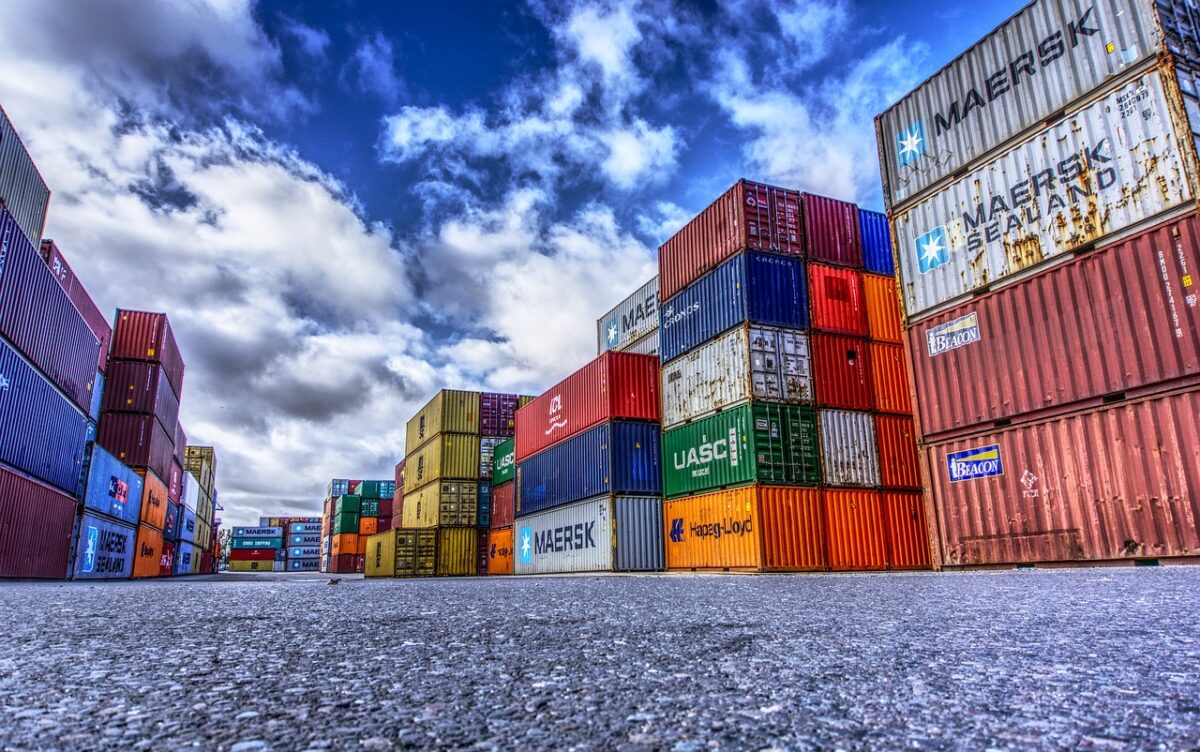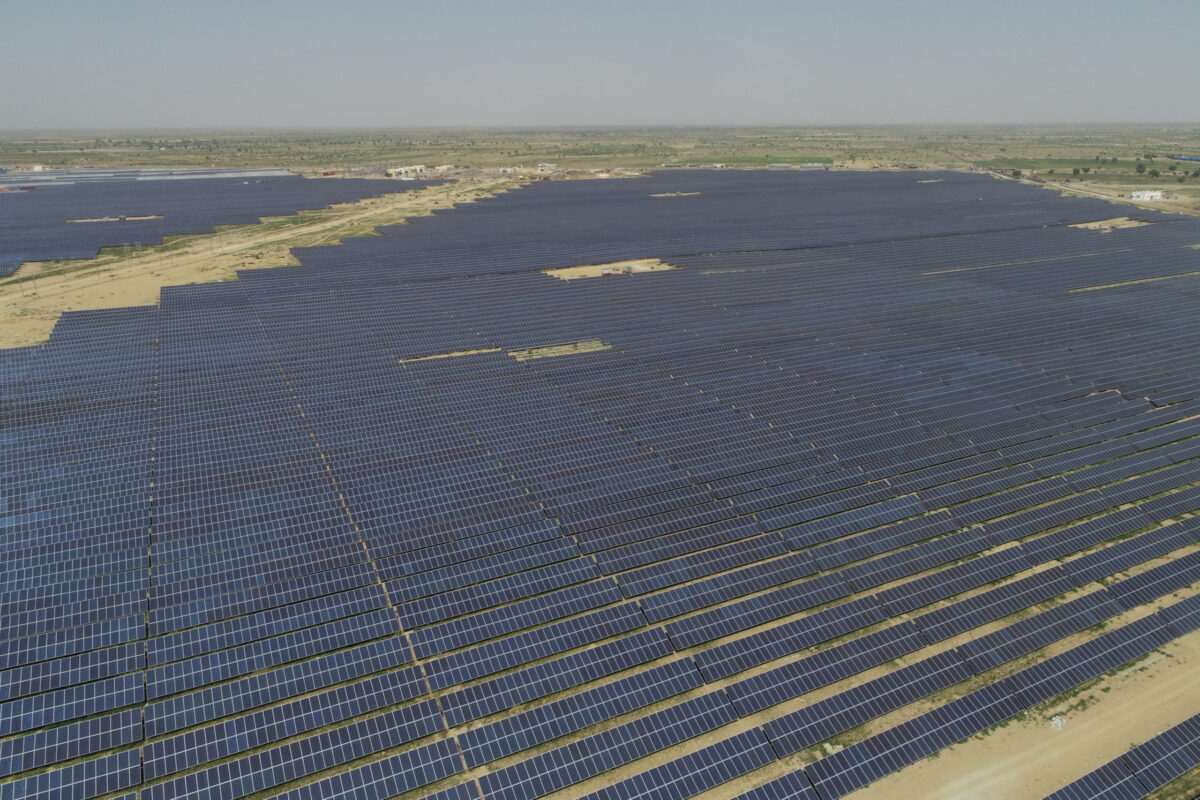From pv magazine Brazil
Brazil imported 10.6 GW of photovoltaic modules in the first half of 2025, according to the latest Distributed Generation strategic study from Brazilian consultancy Greener.
The volume is slightly lower than that recorded in the first half of 2024, when the country imported 10.7 GW of modules. In total, 22.3 GW of modules were imported in 2024.
The first three months of the year saw a race to secure the remaining discounts on the import tax, which rose from 9% to 25% on April 1. The second quarter of the year continued with a slowdown in module imports, reversing an upward trend of the previous four quarters, with a 38% drop compared to the first quarter and monthly volumes below 1 GW, 2022 levels.
Of the 10.6 GW imported, 78% (8.2 GW) was destined for the distributed generation market. The proportion is higher than in the same period in 2024, when 70% of imports (7.5 GW) were destined for this segment.
There is a lower concentration of imported module manufacturers in the first half of 2025 compared to the same period last year. The top 10 manufacturers accounted for 6.4 GW in the first half, almost 16% less than in the same period in 2024 (7.6 GW).
JA Solar (835 MW), Astronergy (803 MW), and Eging (800 MW) lead the market in the first half of this year, with just over 800 MW each. Last year, the top three manufacturers shipped more than 1 GW to Brazil in the same period: JinkoSolar (1,220 MW), JA Solar (1,155 MW), and TrinaSolar (1,070 MW).
In the first half of the year, Trina moved from third to fifth place in import share, while Jinko moved from first to ninth.
Currently, the cost of importing photovoltaic modules corresponds to 44% of the CIF value of the product, which already includes ocean freight and insurance. The increase in the import tax rate from 9% to 25% weighs on the final cost, but, according to Greener’s analysis, it was offset by the fall in module prices and ocean freight.
Module importers were exempted from this tax rate through a BRL 1.014 billion ($190 million) quota, valid until June 30, 2025, but which expired before that date. Initially, the federal government had established two additional quota periods for importers, gradually decreasing until 2027, but these new periods were canceled.
In July 2025, the government reinstated the quotas with a reduction in the import rate exclusively for large-scale generation projects that already had signed transmission system use contracts with guarantees provided and whose start-up deadlines were extended.
This content is protected by copyright and may not be reused. If you want to cooperate with us and would like to reuse some of our content, please contact: editors@pv-magazine.com.









By submitting this form you agree to pv magazine using your data for the purposes of publishing your comment.
Your personal data will only be disclosed or otherwise transmitted to third parties for the purposes of spam filtering or if this is necessary for technical maintenance of the website. Any other transfer to third parties will not take place unless this is justified on the basis of applicable data protection regulations or if pv magazine is legally obliged to do so.
You may revoke this consent at any time with effect for the future, in which case your personal data will be deleted immediately. Otherwise, your data will be deleted if pv magazine has processed your request or the purpose of data storage is fulfilled.
Further information on data privacy can be found in our Data Protection Policy.